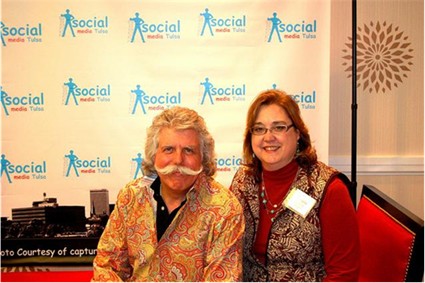Salespeople have questions. Jeffrey has answers.
I get a ton of emails from people seeking insight or asking me to solve their sales dilemmas. Here are a few that may relate to your job, your life, and (most important) your sales thought process right now.
Dear Jeffrey, This is my first week in car sales. Can you tell me what sections of any of your books I could go to for help with deflecting that first, “What’s your best price?” question. I want to build rapport and provide the value of my services in addition to the vehicle. I was thinking of using your “Can you close a sale in five questions?” as my porcupine close, ignoring the price question, and asking my own question, “Jeffrey, how do you select a car or truck?” Any suggestions? Rich
Rich, Yes, I have a bunch of suggestions. First of all, you’re battling 100 years worth of doing it the wrong way. Yes, there have been a lot of cars sold, but oftentimes in spite of themselves. And the reason people come in and want the best price is because they’ve already shopped online. They already know what the car costs. The customer is now more educated in the car business than the car salesperson is because the customer has probably shopped ten different brands and the car salesman pretty much only knows his own.
So the challenge for you as a salesperson is if you get a question of “What is your best price?” get it down to the model and say, “Look, I’ll give you my best price, but don’t you want to know if this is the right car for you? Why don’t we take it for a drive and then we’ll talk about how much it is if you really want it. If you don’t want it, there’s no sense in negotiating for it and I’m assuming if I give you may best price, you’ll say ‘Thanks’ and buy it. Otherwise, you’re going to go shop around and thank me and then go talk to my competition and that’s not what we want to do. We want to put you in a car. We want to make you feel great, and we want you to get the best car for your money today and when you sell it, and we want to make sure along the way that it’s maintained. Is that fair enough?” Jeffrey
Dear Jeffrey, I’m in sales and the manager of the office is also an agent. She distributes the internet leads for the other agents and regularly keeps the highest dollar leads for herself. We have a transparent database that percentage-wise shows she’s been doing this for over a year, yet she denies it. How do I deal with a manager like this? Bill
Bill, You quit! You don’t want to work for a liar. You certainly don’t want to work for someone who garners all the leads for herself. Why don’t you give her all the leads and go get your own leads? Or, why don’t you go someplace where it’s more fair? My recommendation is first talk to her boss and ask if there is any way the leads can be distributed more fairly. Obviously, if you were getting all the leads you might do the same thing yourself. It’s called cherry picking. She knows not only what the best lead is, but also what the easiest lead to close is. Maybe it should just be random, 1-2-3, 1-2-3, and split up the leads like that. If she fights it, she’s doing it the wrong way. You gotta be ethical, you gotta be honest, or you gotta find another job. Best regards, Jeffrey
Dear Jeffrey, I have a large insurance agency and we interview for salespeople quite often. “Looking for a professional with an aggressive sales demeanor.” Somebody told me of an interview question that they ask and I’d like to get your opinion. During an interview, this person will ask the interviewee to bark like a dog. That’s a pretty rough question isn’t it? If they don’t do it, the person will end the interview. If they do it, the interview continues. The rationale is that if they don’t do it, they’re not inclined to get out of their comfort zone. If they bark, and they’re comfortable in doing it, they’ll be comfortable in doing things out of their normal task. What do you think of this? Jay
Jay, What do you think of it? Do you think it’s professional or do you think it’s third grade? Well, I’m sorry candidate, you didn’t bark like a dog, so even though you’re a great salesperson, you’re a smart guy, and you’ve got a great attitude, you’re disqualified. Dude, that is the stupidest thing I’ve ever heard in my life! Why don’t they just cluck like a chicken? The challenge is this: If I’m interviewing someone, I want to know if they’re smart, I want to know if they’re self-starting, I want to know if they have a great attitude, and I want to know if they have some kind of past history of success. All the rest is irrelevant. Best regards, Jeffrey
Reprinted with permission from Jeffrey H. Gitomer and Buy Gitomer.
About the Author



 Adam likes
Adam likes  Power Stars to Light the Business Flame, by Hank Moore, encompasses a full-scope business perspective, invaluable for the corporate and small business markets. It is a compendium book, containing quotes and extrapolations into business culture, arranged in 76 business categories.
Power Stars to Light the Business Flame, by Hank Moore, encompasses a full-scope business perspective, invaluable for the corporate and small business markets. It is a compendium book, containing quotes and extrapolations into business culture, arranged in 76 business categories.